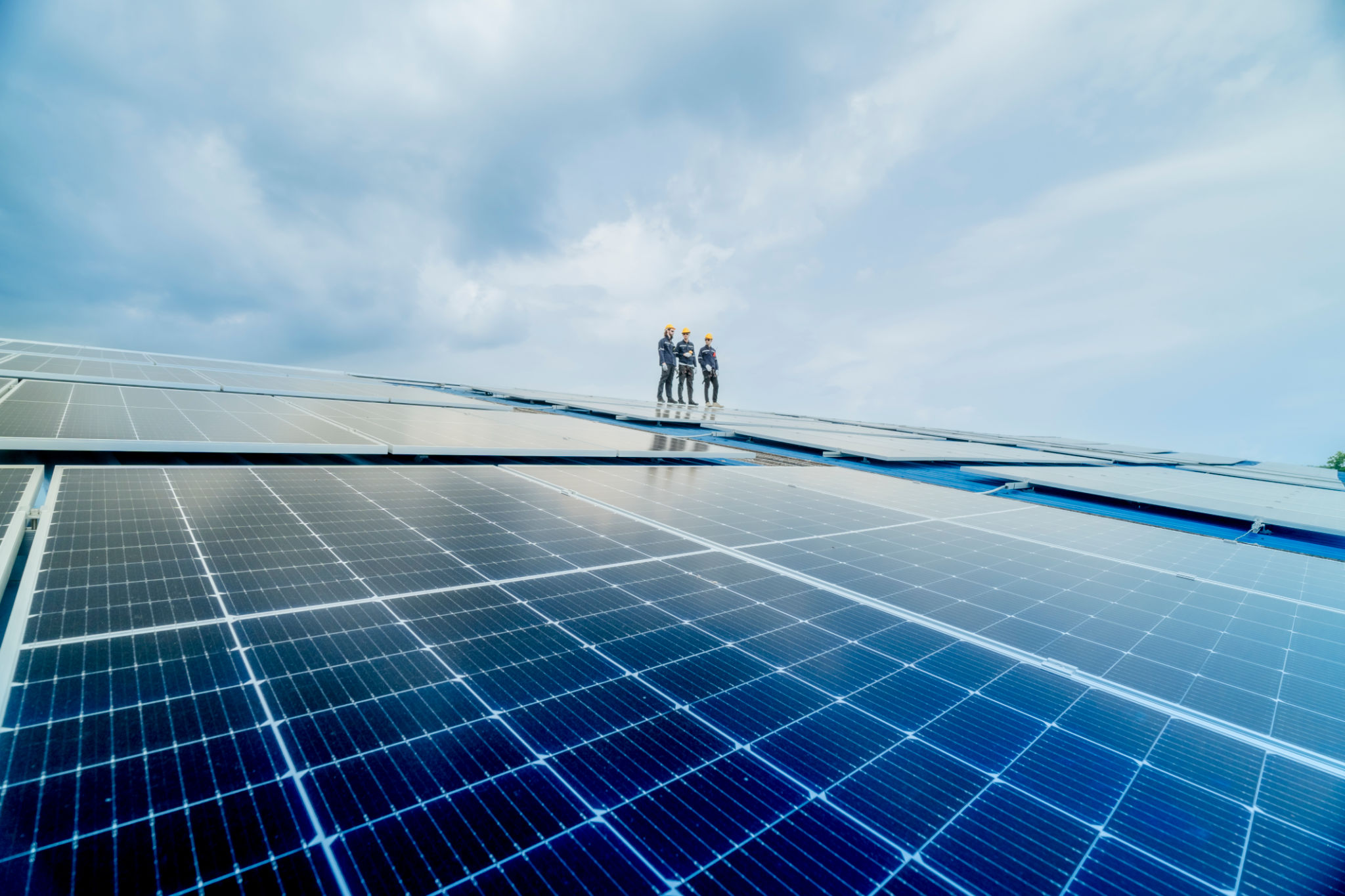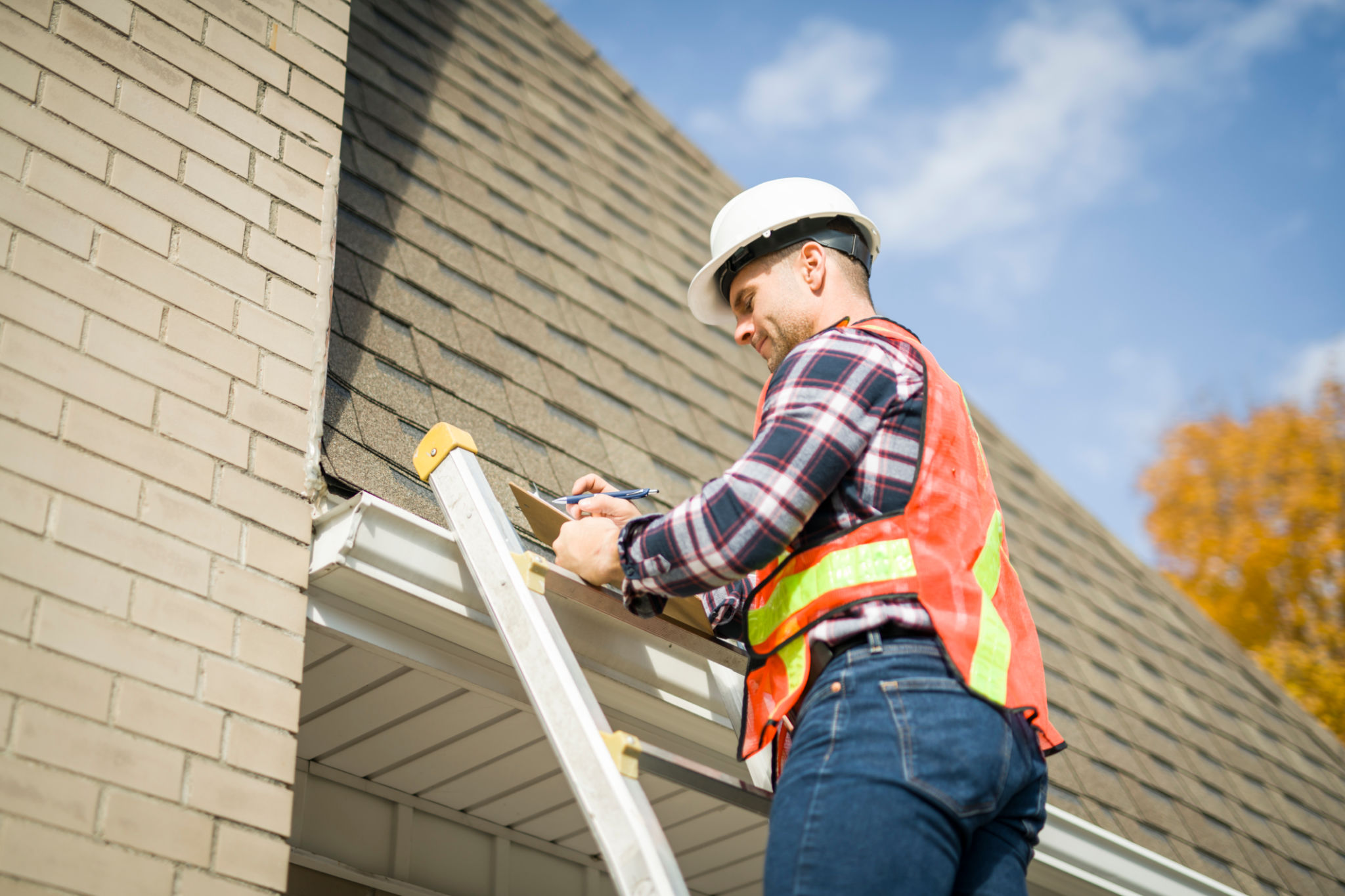The Ultimate Guide to Rooftop Solar Installation in Gwalior
Introduction to Rooftop Solar Installation
Rooftop solar installation has become a popular choice for residents of Gwalior looking to reduce their carbon footprint while saving on electricity bills. With the increasing awareness of renewable energy, many homeowners are exploring the potential of solar panels. This guide will walk you through the essentials of rooftop solar installation in Gwalior, from initial considerations to the benefits you can expect.
Gwalior, with its abundant sunlight, is an ideal location for harnessing solar energy. The city's unique climate and geographical positioning offer excellent conditions for efficient solar power generation throughout the year.

Understanding the Basics of Solar Power
Before diving into the installation process, it's important to understand how solar panels work. Solar panels convert sunlight into electricity using photovoltaic cells. This electricity can power your home or be stored in batteries for later use. Excess energy can even be fed back into the grid, potentially earning you credits from your utility provider.
The key components of a solar power system include solar panels, an inverter, a mounting structure, and sometimes a battery storage system. Each plays a crucial role in ensuring efficient energy conversion and storage.
Evaluating Your Rooftop for Solar Panels
Assessing your rooftop is a critical step in the solar installation process. Factors such as roof size, orientation, and shading can significantly impact the efficiency of your solar system. Ideally, a south-facing roof with minimal obstruction provides the best conditions for solar panels.
If you're unsure about your roof's suitability, consider consulting with a professional solar installer who can conduct a thorough site assessment. This evaluation will help determine the optimal panel configuration for maximum energy production.

The Installation Process Explained
Once you've evaluated your rooftop, it's time to move forward with the installation process. This generally involves selecting a reliable solar panel provider, finalizing the design plan, obtaining necessary permits, and scheduling the installation.
Working with experienced installers ensures that your system is set up correctly and safely. The installation process typically takes 1-3 days, depending on the complexity and size of your system. Post-installation, your installer will conduct tests to ensure everything is functioning as expected.
Benefits of Rooftop Solar in Gwalior
Installing solar panels on your rooftop offers numerous advantages. Firstly, it significantly reduces your electricity bills by generating your own power. Secondly, it's an environmentally friendly choice that reduces reliance on fossil fuels and decreases your carbon footprint.

Moreover, Gwalior's government offers various incentives and subsidies for solar adopters, making it an economically viable option. These incentives can offset initial costs and improve the financial return on your investment.
Maintenance and Upkeep
Maintaining your solar system is relatively straightforward. Regular cleaning and periodic inspections ensure that your panels operate at peak efficiency. In Gwalior's climate, dust accumulation can be a concern, so routine cleaning is recommended.
Most solar systems come with warranties ranging from 10 to 25 years, providing peace of mind regarding long-term performance. It's advisable to schedule annual inspections by professionals to check for any wear or damage.
Conclusion
Rooftop solar installation in Gwalior is not just an investment in your home but also in the planet's future. By harnessing the power of the sun, you contribute to a sustainable environment while enjoying significant savings on energy costs.
If you're considering this green initiative, start by assessing your rooftop's potential and consulting with local experts who can guide you through each step of the process. Embrace the future of energy with rooftop solar installations in Gwalior.
